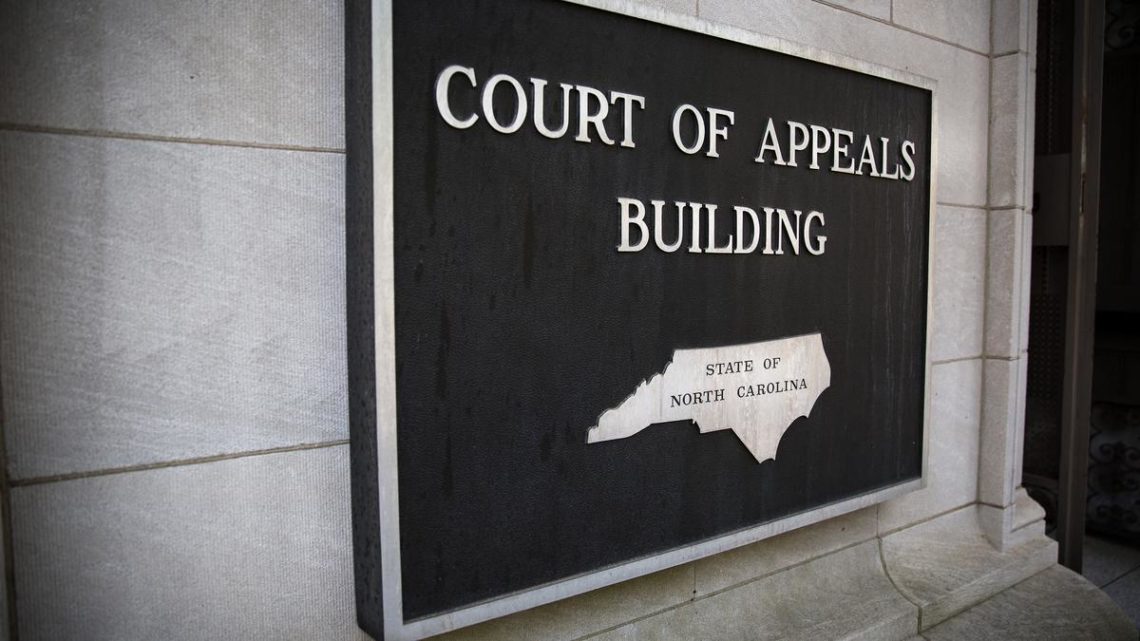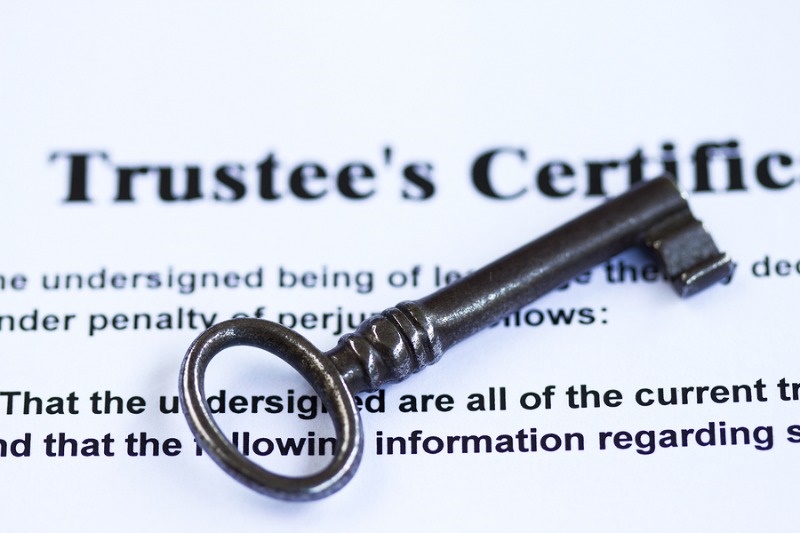The North Carolina Court of Appeals recently released an opinion in the matter Brawley v. Sherrill. The parties were disputing the interpretation of a will, which provided per capita distribution of estate assets to the testator’s children, but per stirpes distribution to her grandchildren. What do these terms mean, and how do they work together in the same estate plan? Per Capita and Per Stirpes Defined For estate plans, the term “surviving” identifies individuals who are alive at the time the testator (the individual leaving the Will) dies. A per capita distribution plan divides estate assets equally to surviving heirs at the level of descendancy stated in…
-
-
TENANCY AT WILL
Rent prices in Charlotte are increasing, and these increases often lead to an uptick in evictions, as more tenants are unable to make their monthly payments. In North Carolina, a landlord can evict a tenant through a process called summary ejectment. In a typical summary ejectment action, a landlord alleges a valid lease agreement with the tenant, and alleges the tenant has breached the terms of the lease agreement, most frequently by failing to pay rent. The court will review the lease agreement, determine if the tenant in fact breached its terms, and determine if the landlord followed the statutory and/or contractual requirements to notify the tenant of his breach. …
-
A MAJOR WIN ON APPEAL FOR A LINDLEY LAW CLIENT
Lindley Law represented the Plaintiff, DavFam, LLC (“DavFam”), in a matter initially before the court in 2016. After an unsuccessful appeal by the Defendant, and petition for discretionary review to the North Carolina Supreme Court, the trial court’s decision in favor of DavFam is affirmed and upheld. Congratulations to DavFam and Lindley Law for the victory! DavFam is a closely-held family entity, whose members are siblings, and which owns real estate across North Carolina. The Defendant is a sibling of the DavFam members, but he is not a member or manager in the LLC. Among the assets held by DavFam is real estate located in Alleghany County, North Carolina…
-
JEFFREY EPSTEIN TRUST
Millionaire financier Jeffrey Epstein killed himself on August 10, 2019 while in prison awaiting trial for charges including federal sex trafficking. Shortly before his death, Epstein signed a pour-over will placing approximately $577 million in assets into a trust. Many believe the creation of this trust was an attempt by Epstein to shield his vast wealth from civil lawsuits brought by his many accusers. What is a pour-over will, and will Epstein’s attempt prove successful? Pour-Over Wills Pour-over wills are common tools for estate planning. They are wills used in conjunction with a living trust. When a settlor (the creator of a trust) creates a living trust, certain…
-
NICHOLAS SPARKS SUED FOR DEFAMATION
Renowned author Nicholas Sparks is currently being sued by the former headmaster of the New Bern, North Carolina school founded by Sparks. Saul Benjamin alleges Sparks defamed him by telling parents of the students that Benjamin suffered from mental health problems. What is defamation, and how is it proved in court? (Benjamin also alleges Sparks violated the Americans with Disabilities Act, but analysis of this claim is outside the scope of this article.) Elements of Defamation Defamation is generally defined as a published, false statement that harms the reputation of the person(s) referenced in the statement. To establish a prima facie claim for defamation, a Plaintiff must…
-
UNJUST ENRICHMENT
Party A and Party B enter into a contract. Party A will perform a service for pay from Party B. Party A performs the agreed-upon services, but Party B refuses to pay. What happens? As most of us know, Party A can sue Party B for breaching the contract. But what happens if there is no contract? A common example is Party A and Party B execute a contract for Party A’s services in exchange for Party B’s payment. Party A performs the services and Party B provides timely payment in full. The Parties then execute a second contract for the same services in exchange for the same payment. …
-
WRONGFUL DEATH ACTIONS
Adam Patrick Browne’s life tragically ended on October 8, 2018. He was run over by a car driven by his former fiancée, Victoria Keaveny, after she consumed alcohol at a restaurant in Gastonia, North Carolina. Pursuant to a settlement filed under seal in Gaston County Superior Court, that restaurant will pay wrongful death proceeds to Browne’s estate for its role in the tragic incident, namely serving alcohol to Keaveny, who at the time was 19 years old. Although nothing could ever fully repair the harm of losing a loved one, wrongful death claims offer a potential civil remedy when the death is caused by the wrongful conduct of another party.…
-
INTERVIEW WITH MARY PAVLINCHAK
What are your responsibilities at Lindley Law? From open to close, I help clients and prospective clients get their questions answered. Even if their legal issue is not something we can help with, it is my job to listen to them and let them know that they are heard. As office administrator, I am also responsible for keeping the office functioning. This responsibility is not easy to define – I make sure we are organized, have sufficient supplies, and remain as efficient as possible as we address our clients’ concerns. Finally, as paralegal, I work in support of and in tandem with the attorneys to ensure we…
-
ENFORCING A FOREIGN JUDGMENT
You just won a civil judgment, but the judgment debtor is in another state. How are you going to enforce it? Consider a simple example: ABC Corporation (“ABC”) forms a contract with XYZ, Inc. (“XYZ”) wherein XYZ agrees to purchase 1,000 widgets from ABC at $100 per widget and ABC agrees to deliver the widgets to XYZ at a particular location on a particular date. XYZ renders payment in full, but on the date of delivery, ABC only delivers 500 widgets. XYZ sues for breach of contract and wins; however, the lawsuit occurred in South Carolina pursuant to a provision in the contract that requires dispute resolution to occur there,…
-
EMOJIS IN COURT (*CONFUSED FACE EMOJI*)
With the continued rise of social media platforms and the increased prevalence of smart phones, courts are presented with the conundrum of interpreting the legal import of emojis, or small digital images that express an idea without the use of alphabetical characters. The written expressions of a litigant or witness to a case provide valuable evidence; however, in the case of emojis, the meaning of those expressions can become convoluted. For example, courts have found that emojis can be interpreted to mean: a contract was formed; an individual was communicating a threat; or the communicant possessed guilty knowledge. The North Carolina Rules of Evidence, similar to all other states,…







